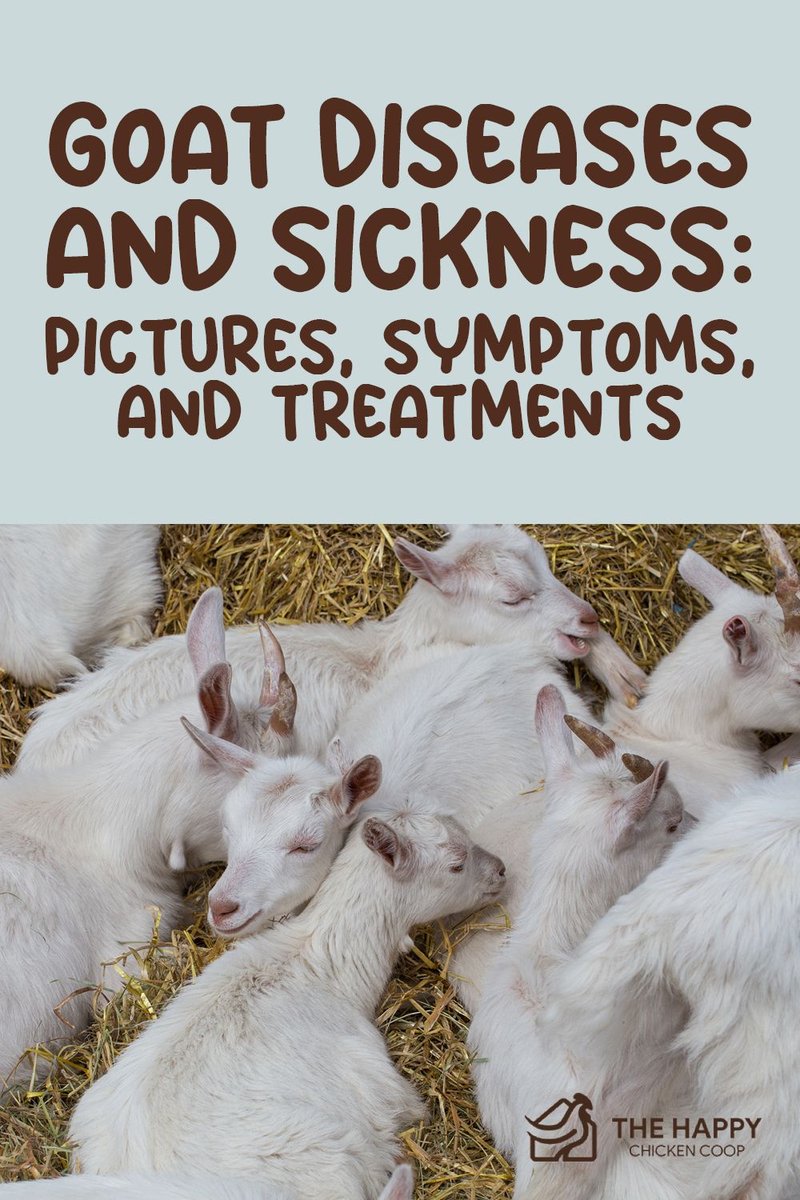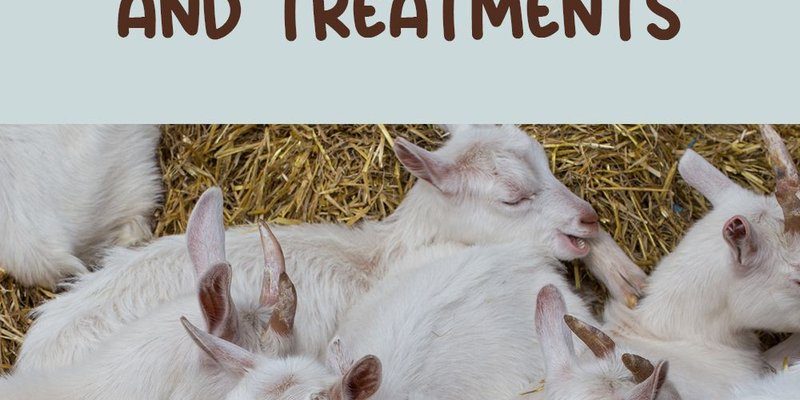
In this article, we’ll dive into the most common health problems you might encounter with Boer goats and share practical tips on how to prevent them. From nutrition to environmental factors, I’ll help you navigate the ins and outs of keeping these animals healthy and happy. So grab a cup of coffee, and let’s explore what you need to know!
Nutritional Deficiencies
Nutritional issues are a leading cause of health problems in Boer goats. These goats require a balanced diet that includes plenty of vitamins and minerals. If they’re not getting what they need, it can lead to serious health concerns. Imagine trying to run a marathon on an empty stomach—your body just won’t perform well.
Common deficiencies can include:
- Calcium: Essential for strong bones and overall growth.
- Phosphorus: Important for energy metabolism and healthy reproduction.
- Vitamin A: Necessary for vision and immune function.
To prevent these issues, consider supplementing your goats’ diet with mineral blocks specifically formulated for goats. This can help ensure they’re getting the necessary nutrients. You might also want to regularly check the quality of their feed. If it looks old or dusty, it might not provide the nutrition they need.
Parasite Infestations
Parasites are another common problem for Boer goats, and they can be sneaky. Think of them as uninvited guests that refuse to leave. Internal parasites like worms and external ones like ticks and mites can cause a range of health issues, from weight loss to anemia.
To keep these pests at bay, here are some prevention tips:
- Regular Deworming: Schedule deworming treatments based on your veterinarian’s advice. It’s usually recommended every 6 to 8 weeks, especially during warmer months.
- Proper Pasture Management: Rotate pastures to reduce parasite load and avoid overgrazing.
- Healthy Herd Practices: Keep a close eye on new goats before introducing them to your herd. Quarantine if necessary to avoid spreading worms.
Being proactive about parasite control can save you a lot of heartache down the line.
Respiratory Issues
Respiratory problems can also plague Boer goats, especially in stressed environments or damp weather. Think of how you feel when you’ve caught a cold—it’s uncomfortable and can slow you down. Boer goats can suffer from pneumonias or respiratory infections, which can be fatal if not addressed quickly.
To help your goats breathe easier:
- Maintain Clean Housing: Ensure their living space is well-ventilated and free of mold and ammonia buildup.
- Avoid Overcrowding: Give each goat enough space to move around. Stress from overcrowding can lead to weakened immune systems.
- Watch for Symptoms: Keep an eye out for coughing, nasal discharge, or lethargy. Early detection is key!
Providing a healthy living environment can significantly reduce the risk of respiratory illnesses.
Foot Problems
Next up are foot problems, which can be quite common in Boer goats. Their hooves need regular trimming and care; otherwise, they can develop issues like foot rot or laminitis. You wouldn’t want to walk around with sore feet, and neither do they!
To keep their hooves healthy:
- Regular Trimming: Schedule hoof trims every 6 to 8 weeks to maintain proper shape and length.
- Monitor for Signs: Look for limping, swelling, or foul odors, which are signs of infection.
- Provide Dry Ground: Wet, muddy conditions can lead to infections and other foot issues.
Taking a few minutes to check their hooves can save you from more significant headaches later.
Digestive Issues
Boer goats, like many ruminants, can experience digestive problems. Issues such as bloat or acidosis can occur if their diet is not managed carefully. It’s a bit like how we feel after a big feast—too much of the wrong food can lead to discomfort.
To help maintain a healthy digestive system:
- Introduce New Foods Gradually: If you’re changing their diet or adding supplements, do so slowly to prevent upset stomachs.
- Provide Plenty of Fiber: Make sure they have access to hay and grass to keep their digestive tract moving smoothly.
- Monitor Eating Habits: If you notice a goat suddenly eating less or not at all, it may be a sign of a problem.
Keeping their digestive system happy is crucial for their overall health and productivity.
Reproductive Health
Finally, let’s talk about reproductive health. Boer goats are prized for their meat, but if their reproductive health is compromised, it can impact productivity. Issues like infertility or weak kids can arise from a lack of proper care.
To ensure reproductive health:
- Regular Vet Check-Ups: Schedule examinations to monitor reproductive health, particularly before breeding season.
- Provide a Balanced Diet: Proper nutrition is key for pregnant and nursing goats.
- Monitor Body Condition: Keep an eye on their weight; both over and underweight animals can struggle to conceive.
A little attention to reproductive health can yield great results for your farm.
Caring for Boer goats involves a fair bit of attention to their health, much like caring for any pet. By understanding common health issues and implementing thoughtful prevention strategies, you can ensure your goats lead happy, healthy lives.
Remember, early detection is vital. Regular check-ups and observant care will go a long way in keeping your Boer goats healthy. With proper management, these friendly creatures can thrive and continue to be a joy on your farm. If you ever have doubts or concerns, don’t hesitate to reach out to a veterinarian; their expertise can make a world of difference. Happy farming!

